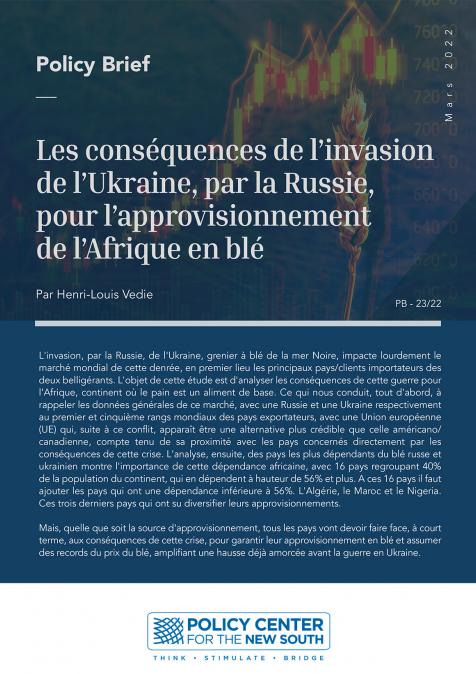Publications /
Policy Brief
Policy Brief
Les armes non-létales : vers la guerre propre ?
March 18, 2021
Depuis les années 1960s, la doctrine stratégique assiste à la montée en puissance progressive des armes dites « non-létales », d’abord comme concept, puis comme l’un des domaines des plus prometteurs de la prospective des technologies avancées. Dans cet article, les auteurs font une synthèse des armes « non- létales », accompagnée d’une réflexion pertinente sur l’hypothèse de la guerre propre. L’article apporte des éléments d’éclairage sur les caractéristiques techniques et juridiques, ainsi que sur leurs implications politiques et stratégiques.










